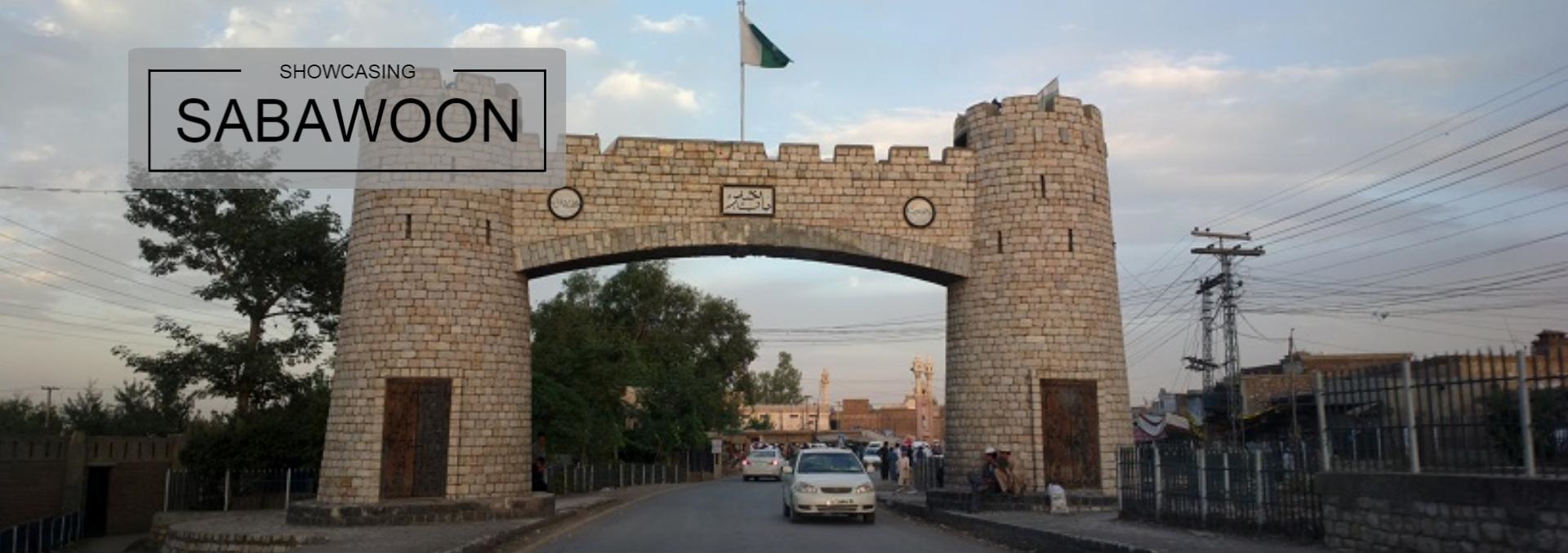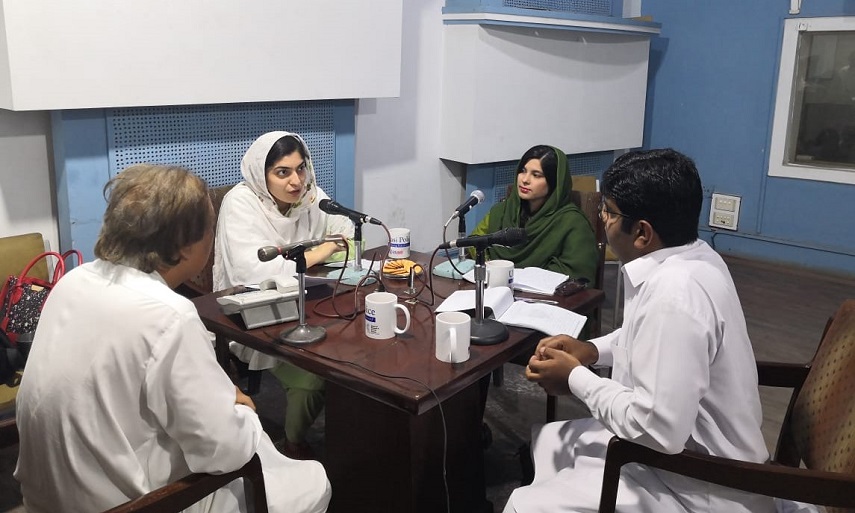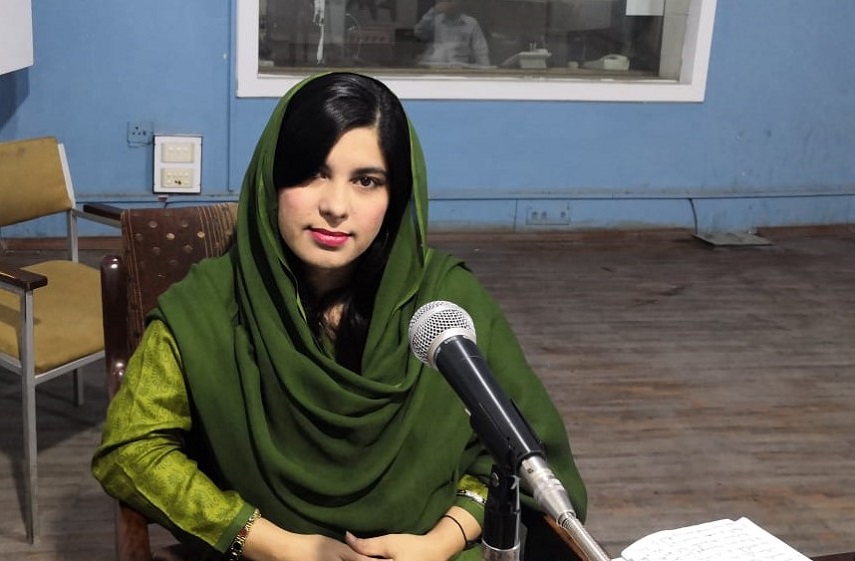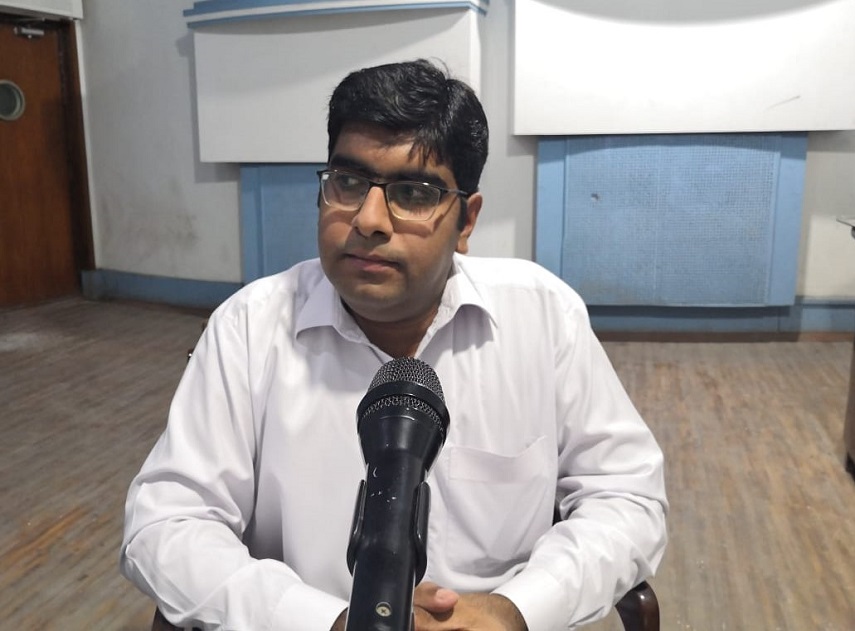Article 25: Challenges and Measures
The latest episode of Jwandai Jazbey (Alive Spirit) focused on Article 25 of Universal Declaration of Human Rights (UDHR) which is based on the right to good living standards for every individual and the challenges created by anthropogenic activities of human beings to achieve the entitled standards of life by opting for plastic in their daily activities.
The guest on the show, Dr. Nadia, a climate expert by profession talked about the fundamental human rights and said that it is the constitutional and international right of all the human beings to have a clean and healthy environment under Article 25 of UDHR.
She was of the view that with the advancement in technology and increasing needs of human beings the environment has been effected through multiple anthropogenic activities, out of which first and foremost is the use of plastic in our daily lives in different forms e.g. household, use of plastic utensils and polythene bags etc.
While talking about the health hazards of plastic she was of the view that plastic by composition is a polymer which is non-biodegradable in nature due to which it affects human health if used frequently. She elaborated that use of plastic may cause cancer, depression, hormonal disturbances and many other genetic problems in human beings. She further added that use of plastic is not only hazardous for humans but it equally affects aquatic life and one of the reasons for infrequent change of climate around the globe is the contamination of our surroundings because of dangerous activities of human beings.
She said that we should avoid or at least reduce the use of polythene bags in our routine activities to tackle the alarming situation and improve our environmental conditions through these practices.
The second guest on the show, Mr. Haris Khan, a social worker, said that although the use of plastic bags is banned by the government of Pakistan still it is a big industry and millions of people are associated with this business as a way of their earnings. He said that government, as well as civil society has focused on the problem of the use of plastic and various campaigns have been launched in this regard, SAY NO TO PLASTIC is a good example of it.
He was of the view that media and the social networking platforms should take part in this campaign of boycotting the use of plastic and spread awareness among common public.
The report prepared by Ms. Ceena Naeem from Peshawar shared that the use of plastic has created lots of hurdles in the lives of people, directly and indirectly, posing a threat to the existence of life on earth through climate change and emphasized that people ought to decrease the use of plastic in their daily lives by practically adopting the alternatives against plastic. The report prepared by Mr. Rehan Muhammad from Kurram Agency shared that the use of plastic is although harmful and possesses negative impacts on human health but shopkeepers as well as common public use them owing to their cheap availability and insist to have plastic bags in their daily use and usually do not opt for alternatives.
One call was received during the show.
About Sabawoon:
Sabawoon airs in Khyber Pakhtunkhwa (KP) and the merged tribal Areas (FATA) since 2011. It began as a counter-radicalization, strategic communications program, designed to highlight and promote the fundamental governance values such as democracy, rule of law, women’s rights, equal citizenry, and social cohesion.
The show airs Tuesday through Thursday every week under three themes on FM-101.5 Peshawar and Dera Ismail Khan 711 kHz from 3:15 PM to 4:00 PM.
On Tuesday, Jarga Maraka covers current affairs and important regional issues with input from government and other senior officials. On Wednesday, Jwandai Jazbey airs and deals with issues of relevance to, and significance for, youth, students. Issues of Women and socio-cultural affairs are discussed in Ranra on Thursday.
The primary objective of the show has been to underline the criticality of UDHR along with constitutionalism, fundamental rights, public accountability and the rule of law for countering extremism illegalities of all forms.




